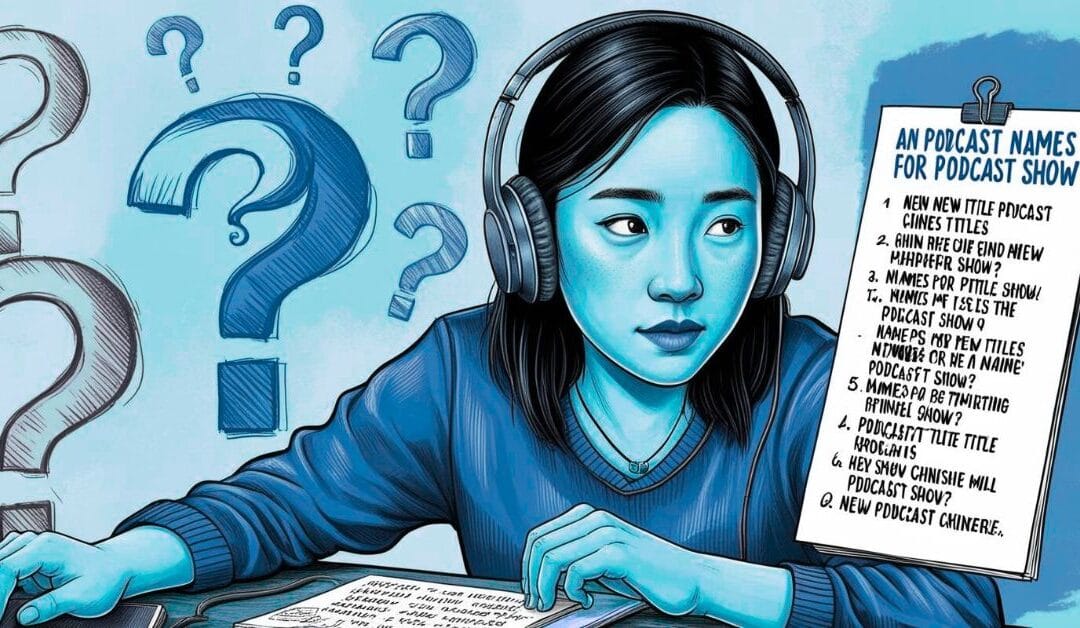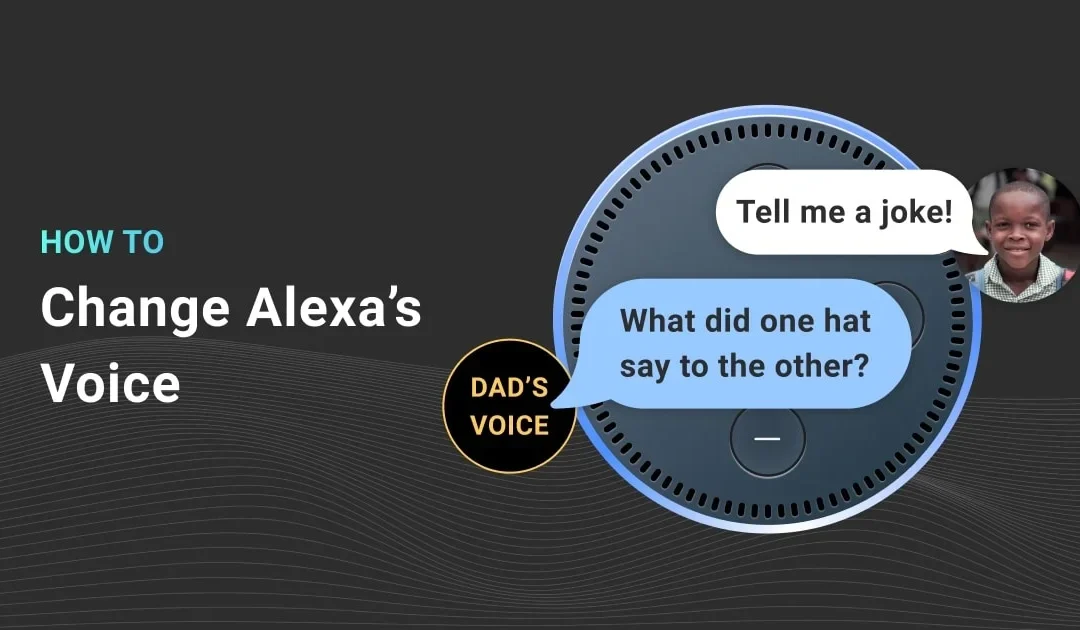Before the days of TV, there was radio. Not at all like the radio we have today, of course. It was a source for news, for children to listen to tales of the Lone Ranger and The Shadow, and for adults, during the Depression, to listen to President Roosevelt’s “Fireside Chats.” There were programming schedules, so people could tune in to those broadcasters, storytellers, and live musicians, performing from a studio somewhere.
Today, we still have a lot of audio in our lives – news and live traffic reports as we commute to work, our favorite music on a host of stations, and even audiobooks to keep us company as we drive long distances.
So how can digital audios fit into your marketing? One major way is through brand storytelling.
The Power of Brand Storytelling
Today, consumers are in charge of your marketing, whether you choose to accept this or not. And one of their biggest demands is to know and have a relationship with the brands they choose to do business with.
So, you spend a lot of time telling your stories – how you came to be, who these people are who make up your team, tales of happy customers who think your product or service is just great, and even stories of your commitment to sustainability, charities you support, etc.
If you have not thought about adding podcasts to your repertoire of storytelling, you are missing out on a powerful tool. People are looking for information in the easiest ways possible, and reading long walls of text is not what they consider enjoyable or engaging. Sticking those earplugs in as they are commuting, at the gym, eating a solitary meal, or relaxing at home, is one of those easy ways.
Don’t misunderstand. Podcasts can include visuals too. And you certainly may want to incorporate visual media into your podcast storytelling, even in the form of photos, infographics, videos, and such – however you can best tell your stories. Remember, every iPhone out there is a potential receiver of your podcasts. And those podcasts allow you to be in touch with members of your audience, at any time, even while you sleep.
Here is how you can spread your brand story through podcasts.
The Basics of Podcasting
1. Listen to Other Podcasts
Locate podcast series that are widely popular in their niches. They do not have to be in your niche. Your goal is to listen and learn – what makes them so popular? How are they unique? How do they tell their stories? Reach out to some of the podcasters whose productions have really impressed you. At least some will respond and take you through the process of how they got started
2. Analyze Your Audience
You already know your audience, if you have spent any time already marketing your product or service. You know their language style, their sense of humor, their needs and pain points, their values and principles. As you ultimately develop scripts for your podcasts, you will need to tie into these things. Consider the difference in audiences for a product like high-end jewelry and pet supplies, for example. The verbiage will be far different, as will the stories to be told.
You must find your voice for your brand and your market, and keep that consistent throughout all of your podcasts. Gil Samples, Director of Marketing for Subjecto, puts it this way: “Our audience is students. While they come to us for academic writing help, we certainly don’t market to them in that tone of voice. They’re students, after all. We talk to them in their language, and we help them write in a totally different language style.”
3. Once You Begin, You are Committed
A podcast is not a one-time thing. Like a blog, it requires a schedule and consistency. Once you get a following, they will expect the schedule that you have promised. If you don’t deliver, they will go elsewhere for their education, their entertainment, and their inspiration. Do not produce and publish your first podcast until you have a plan.
4. Let’s Talk About Topics
If you have maintained a blog, you know that coming up with topics is an ongoing task. And those topics must be popular and relevant. Topics for podcasts are no different. They must be scheduled well in advance and must be based upon what research tells you are the most trending topics in your niche. You want to be the “expert” here so that you gain a following that will also recommend your podcasts to their peers.
You can promote both your expertise and your product or service through storytelling. So, as you identify and develop those topics, consider what stories you can tell related to them. Here are just a few examples:
- How did your brand come to be? Tell your own story. Nathan Chan, for example, wanted to fill a gap in the digital magazine industry – creating a magazine just for young entrepreneurs like himself. His publication provides advice and assistance in everything from transitioning from employee to entrepreneur, to launching a startup, to growing a successful business.
- How is your product or service produced? Is there anything unique about this? Perhaps you are using only recycled materials.
- Who are the people on your team and what are their back-stories?
- What social responsibilities have you assumed? Are you a Blake Mycoskie, providing a one-for-one giving program for every product sold?
What you are probably realizing is that brand promotion through stories will include much of the same content you publish elsewhere. Your voice, however, is the delivery model and can project a lot more enthusiasm and emotion than just text.
5. Craft the Scripts
A podcast may be just you, attacking a topic that you know you can present well; it might be an interview with an influencer in your niche, or a team member, or a long-time satisfied customer or client. It might be the introduction and explanation of a new product or service and the value that it provides. As you can see, you are going to use the same types of topics that you would use in your other content – just via a new venue.
Scriptwriting is not like any other type of writing. If you are doing a podcast on your own, it’s a bit like giving a speech; if others are involved, it becomes more complex. But whichever the type of podcast, you will need to be creative, unique, and probably skilled in asking the right questions or leading an interviewee. If you struggle with this, outsource the scriptwriting. There are plenty of scriptwriters available through writing services such as Studyker or Write Scout, or freelancer sites, such as Upwork.
6. Get the Right Tools
Tools fall into two categories. First, there is the equipment. Second, there are other resources – hosting, scriptwriting, and editing, for example.
First, the Equipment
As a beginner, your basic equipment will include a microphone and a computer. This can be expanded later, of course, as your expertise and your reach grow. Ultimately, those who gain huge followings will establish a studio, sometimes a mobile one if they need to be on the road. You might want to check out a popular podcasting starter kit. As you become more expert and as your podcasts become more sophisticated (guests, visuals, etc.), you will want your equipment to be more sophisticated too. Check out the upgrades you should consider. The newest podcasting tools hitting the market, like Rumble Studio, avoid the need for purchasing equipment or software at all.
Now the Resources
We have already addressed the potential need for scriptwriting outsourcing. But there are other resources to think about – podcast hosting, for example. There are several options. What you want to look for is a host with plenty of storage and bandwidth space, RSS feed so that your podcasts can be distributed to directories (iTunes, Google Play, etc.), and the ability to provide analytics regarding each of your podcasts. You need to know which are resonating and which not so much.
Think About amazing Artwork: One of the best ways to promote your brand is through professional art – you want to have the same image everywhere because it will promote brand recognition.
Don’t Put This Off
You will not become a podcast marketer unless you create podcasts. Of course, your first ones will not be exceptional. Over time, though, your skills will grow, you will gain a following, and people will tune in because you are engaging and your stories valuable.





